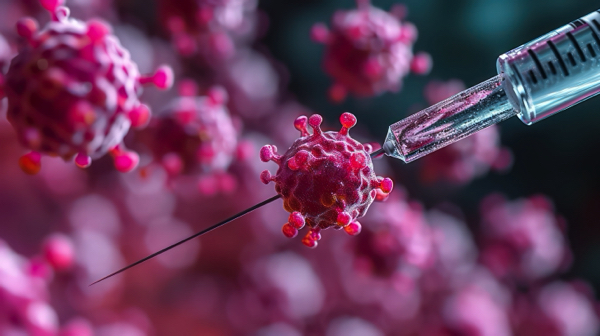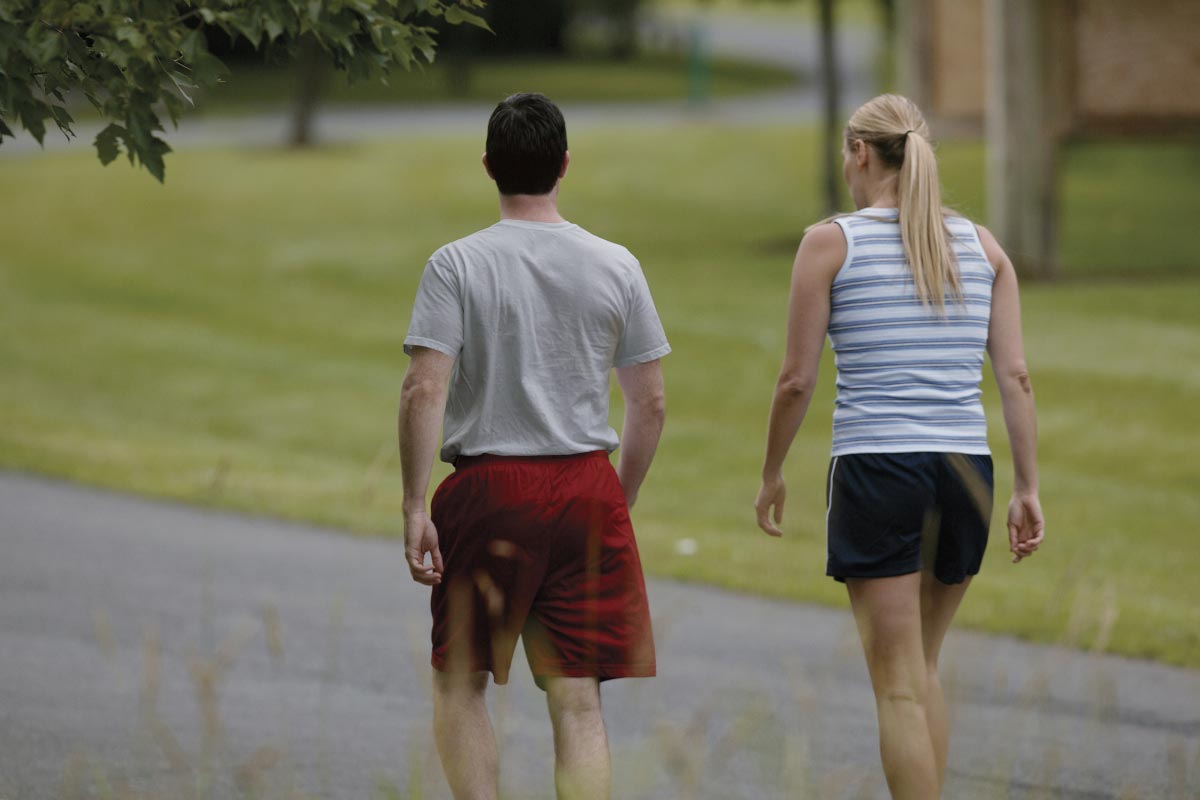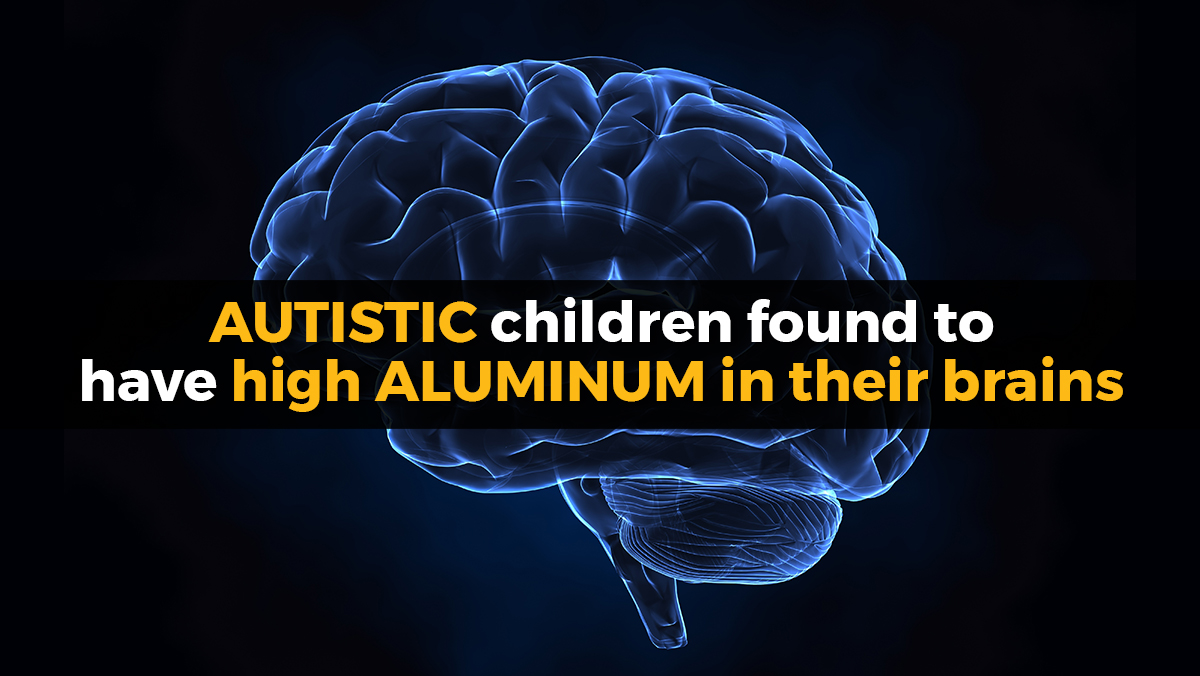ALUMINUM IN VACCINES assists MERCURY in crossing the BLOOD-BRAIN BARRIER, but new study designed to dismiss dangers supports VAX CULT insanity
07/24/2025 / By S.D. Wells

Yes, folks, there’s another FAKE Danish vaccine study on the books. Remember when they forged numbers to make it look like most Polio cases were the myelitis kind that paralyzes you for life, so everyone would be terrified and run to get the toxic vaccine? Well, they’re at it again.
A new highly suspect study out of Denmark, published July 15 in Annals of Internal Medicine, is generating fake news headlines everywhere, claiming to debunk any link between aluminum-containing vaccines and chronic childhood diseases. Fake media MSM is running wild with the exact same headlines across the world, denouncing the obvious scientific connection between injecting heavy metal toxins and damage to the brain and central nervous system.
Titled “Aluminum-Adsorbed Vaccines and Chronic Diseases in Childhood: A Nationwide Cohort Study”, it analyzed over 1.2 million Danish children born from 1997 to 2018. The authors, led by Niklas Worm Andersson and senior author Anders Hviid, concluded there was no association between aluminum exposure via vaccines and risks such as autism, asthma and autoimmune disorders. However, a closer analysis reveals the study was constructed in a way that was unlikely to detect harm even if it existed.
- Study Design Compared Only Vaccinated Children: The Danish study by Andersson et al. analyzed over 1.2 million children but did not compare vaccinated versus unvaccinated individuals; instead, it only compared children with varying levels of aluminum exposure from vaccines, making it impossible to detect risks associated with aluminum relative to no exposure.
- Key Risk Groups Were Excluded from Analysis: Children who died before age two, had early respiratory issues, received “too many” vaccines, or were diagnosed with study outcomes early were excluded — systematically removing those most vulnerable to harm and biasing the study toward healthier subjects.
- Null Hypothesis Built into Methodology: By treating birth year as a covariate and adjusting for diagnosis trends over time, the study effectively assumed that increasing vaccine-related aluminum exposure had no causal link to rising rates of chronic illness — begging the question rather than testing it.
- Healthy User Bias Skewed Results: The study failed to control for healthy user bias, where children at higher risk of adverse outcomes (like autism) are less likely to be vaccinated. This selection effect skews findings and helps explain how studies consistently report no harm — by design.
How the Danish study on aluminum in vaccines was designed to find no harm
First, the design did not compare vaccinated versus unvaccinated children. Though over 15,000 children in the dataset had received no aluminum-containing vaccines by age two, the researchers did not use them as a control group. Instead, the study only compared children who were all vaccinated to varying degrees — a design that limits its ability to detect whether aluminum exposure per se contributes to chronic illness. It effectively asked: “Does a slightly higher aluminum dose among vaccinated kids increase risk?” rather than “Do vaccinated children have greater risk than unvaccinated ones?”
Second, the authors assumed the null hypothesis — that there is no relationship between aluminum exposure and illness—by treating the child’s birth year as a covariate. Since Denmark’s vaccination schedule and aluminum exposure increased over time, and so did diagnosis rates for certain diseases, adjusting for birth year erased any potential correlation between the two.
Additionally, the study excluded many children most at risk of harm. Infants who died before age two were excluded, as were those diagnosed with respiratory conditions or any outcome of interest before their second birthday. These exclusions may have filtered out early-onset cases caused by aluminum exposure, biasing results toward healthier children who were less likely to suffer adverse effects.
The authors also excluded children with “implausible” numbers of vaccine doses without clearly defining what constituted “too many,” raising further concerns about selection bias and data integrity.
Critics have also pointed to the issue of healthy user bias — a well-documented phenomenon where families of children with early signs of illness are less likely to follow the recommended vaccine schedule. This was acknowledged in the authors’ own references, including a 2015 study by Jain et al., which found that children with older siblings diagnosed with autism were less likely to be vaccinated. Yet, Andersson et al. failed to control for this confounder in their analysis.
While the study is now being widely cited as definitive proof of vaccine safety, critics argue it was methodologically designed to obscure harm. Notably, the study even reported statistically significant negative associations between aluminum exposure and certain outcomes — suggesting vaccination may be protective against chronic illness, a conclusion viewed by some as biologically implausible.
Ultimately, the Danish study follows a familiar pattern: using selective methodology, biased sampling, and adjusted assumptions to reach a predetermined conclusion — one that reinforces government narratives but may not reflect true health risks.
Bookmark Vaccines.news to your favorite independent websites for updates on experimental gene therapy injections that Big Pharma always calls “safe and effective” no matter what, but that lead to autism, early death, infertility, turbo cancer and Long-Vax-Syndrome.
Sources for this article include:
Submit a correction >>
Tagged Under:
. vaccines, Aluminum, biased, Big Pharma, health science, mercury, pharmaceutical fraud, poison, research, rigged, science clowns, science deception, science fraud, toxic chemicals, toxic ingredients, toxins, vaccine damage, vaccine injury, vaccine wars
This article may contain statements that reflect the opinion of the author





















